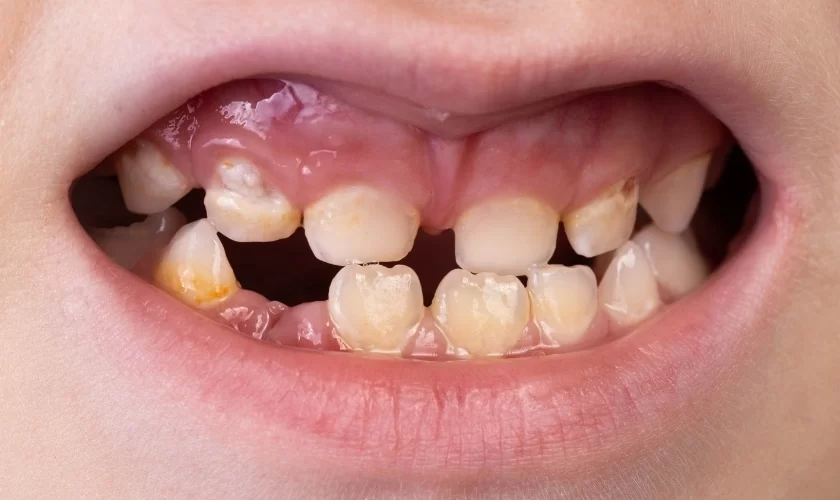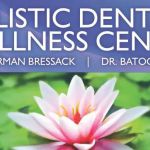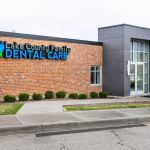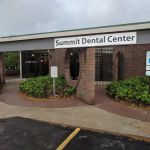
How I Learned to Protect My Oral Health After Losing a Tooth
Losing a tooth was something I never imagined would happen to me in my thirties. But after a biking accident that left me with a cracked molar and eventual extraction, I quickly realized how vital that one missing tooth was to my overall oral health. This experience not only changed my smile, but also my daily routine, self-confidence, and long-term health habits. In this article, I want to share what I’ve learned and how anyone can protect their oral health after tooth loss.
1. Understanding the Immediate Impact of Tooth Loss
When I lost my tooth, the first thing I noticed was how chewing became uncomfortable. What I didn’t realize right away was how this change would lead to other complications, like jaw pain and shifting teeth. The absence of one tooth can cause neighboring teeth to move into the gap, altering your bite and potentially causing temporomandibular joint issues (TMJ).
I started to notice my bite felt "off," and foods I once enjoyed became hard to chew. It’s important to address this early with your dentist to prevent further issues. Prompt attention can prevent bone loss in the jaw, which starts to occur soon after a tooth is lost.
2. Exploring Tooth Replacement Options
There’s no one-size-fits-all solution for replacing a lost tooth. I explored three options: dental implants, bridges, and dentures. Here’s what I learned from each:
- Dental Implants: This was the most permanent and natural-feeling solution. Though costly, implants fuse to your jawbone and function just like a real tooth. My dentist at Dentistry Toothtruth explained the process in detail and made me feel at ease.
- Bridges: A bridge is anchored to the surrounding teeth. While less expensive than implants, it requires altering healthy teeth, which I was hesitant to do.
- Partial Dentures: These are removable and more affordable, but they don’t feel as secure. I tried one temporarily while healing before getting an implant.
3. Daily Oral Care Becomes Even More Important
After tooth loss, your oral care routine needs to level up. I started using a water flosser and antibacterial mouthwash twice a day. These tools help clean areas around the missing tooth and prevent bacteria from settling into the gumline.
Here’s my daily oral care routine now:
- Brush with fluoride toothpaste at least twice a day
- Floss thoroughly every evening, especially around dental work
- Use an antimicrobial rinse to reduce inflammation and bacteria
- Massage the gums where the tooth was lost to maintain circulation
- Visit my dentist every six months for deep cleaning and checkups
4. Don't Ignore Gum Health
One of the unexpected challenges I faced was gum shrinkage and sensitivity in the area of the lost tooth. My dentist explained that without stimulation (from a tooth or implant), the jawbone and gums begin to deteriorate. I started using a soft-bristled toothbrush and added more vitamin C and calcium to my diet to promote gum and bone health.
Taking care of your gums is crucial—not only to prevent further tooth loss but also to prepare the area if you choose to get an implant later.
5. Coping with the Emotional Side of Tooth Loss
I never thought losing a tooth would impact my self-esteem, but it did. I smiled less in photos and avoided talking about it. Sharing my story with others going through the same thing helped immensely. Support groups and online communities were great for advice and empathy. If you’re struggling emotionally, know you’re not alone. There are supportive resources and experts out there ready to help.
6. Why Timely Action Matters
Delaying treatment after tooth loss can lead to long-term problems like gum disease, speech issues, and bone deterioration. I waited two months before getting a replacement and already noticed subtle changes in how I chewed and spoke. If I could do it over, I’d act faster. The sooner you address the missing tooth, the better your outcome will be.
7. Final Thoughts from My Journey
Protecting your oral health after losing a tooth is about more than aesthetics. It’s about maintaining your overall health, nutrition, and quality of life. From finding the right tooth replacement to changing daily habits, the path isn’t always easy—but it’s definitely worth it. If you’re facing tooth loss, trust me: taking action now will save you pain, money, and stress later. For tailored advice and support, the professionals at Dentistry Toothtruth were a game-changer in my recovery.







 Dental Associates of St Paul3.0 (283 review)
Dental Associates of St Paul3.0 (283 review) Ryan L. Lindner, DDS0.0 (0 review)
Ryan L. Lindner, DDS0.0 (0 review) HOLISTIC DENTAL AND WELLNESS CENTER3.0 (8 review)
HOLISTIC DENTAL AND WELLNESS CENTER3.0 (8 review) Lake County Family Dental Care4.0 (449 review)
Lake County Family Dental Care4.0 (449 review) Andrew Hoffman, DMD5.0 (160 review)
Andrew Hoffman, DMD5.0 (160 review) Dr. Edward R. Haggerty Jr, DDS3.0 (7 review)
Dr. Edward R. Haggerty Jr, DDS3.0 (7 review) The Importance of Oral Health Education During Pregnancy for a Healthy Pregnancy
The Importance of Oral Health Education During Pregnancy for a Healthy Pregnancy Best Tips for Brushing Your Teeth Properly for Healthy Gums: Essential Techniques for Oral Health
Best Tips for Brushing Your Teeth Properly for Healthy Gums: Essential Techniques for Oral Health Why Skipping Dental Checkups Can Lead to Bigger Oral Health Problems
Why Skipping Dental Checkups Can Lead to Bigger Oral Health Problems Advantages of Porcelain Dental Restorations
Advantages of Porcelain Dental Restorations How Can Diabetes Cause Tooth and Gum Problems? Preventing and Managing Oral Health Issues
How Can Diabetes Cause Tooth and Gum Problems? Preventing and Managing Oral Health Issues Healthy Habits for Promoting Good Oral Health and Hygiene: Tips for a Healthy Smile
Healthy Habits for Promoting Good Oral Health and Hygiene: Tips for a Healthy Smile